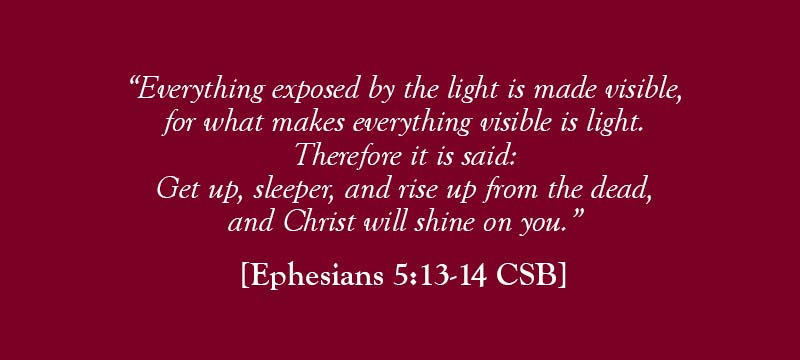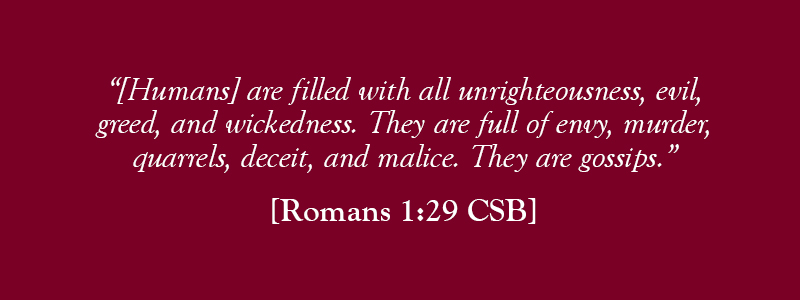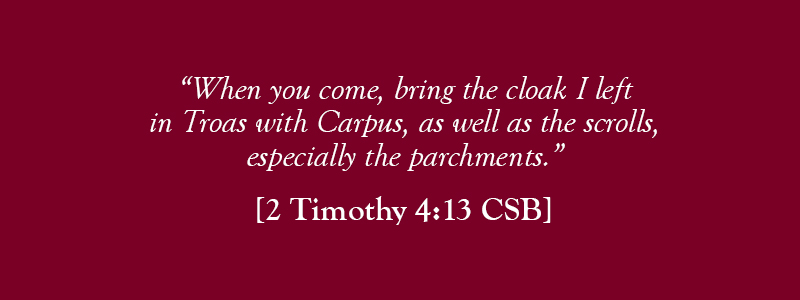|
Brilliant shine
Early last Saturday, the morning sun brilliantly cut the cold air here as north Texas recovered from a winter storm. The light refracted through the ice coating all the dormant plants, transforming them. Stark trees on our country road became blazing sentinels lining a king’s highway. Dead scrub shone with countless jewels adorning every blade. The effect was stunning, blinding even, and brightly alive. My mind turned to Ephesians 5, particularly the verses at the top of this note.
Paul’s quote in verse 14 is based on Isaiah 26 – a promise of resurrection life for those who trust the Lord. We who believe are brought to life in the light of God the Son. And in His brightness we shine, transforming this cold world.
God bless,
Wayne








